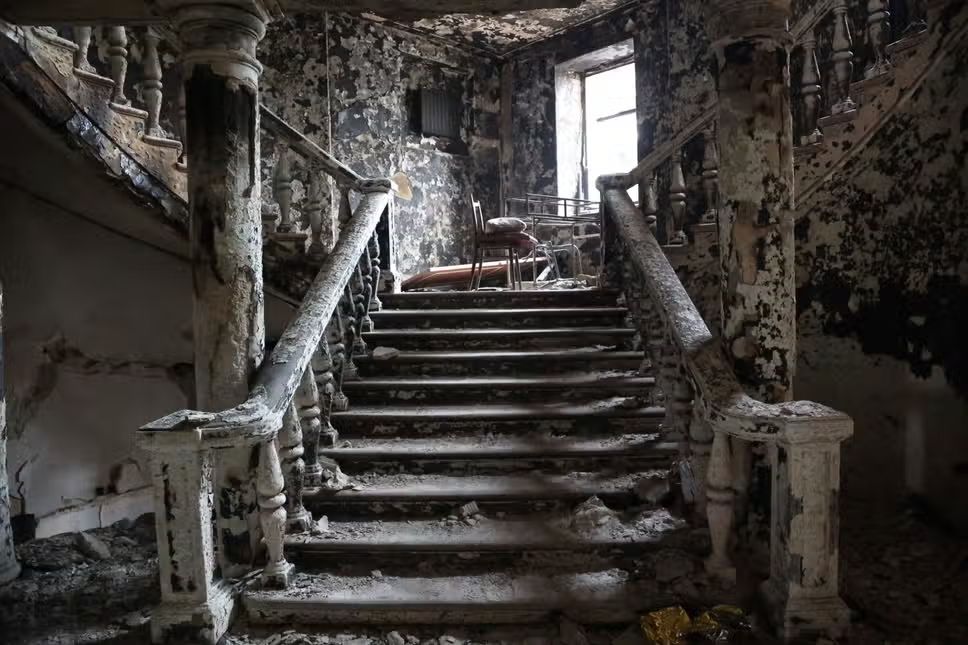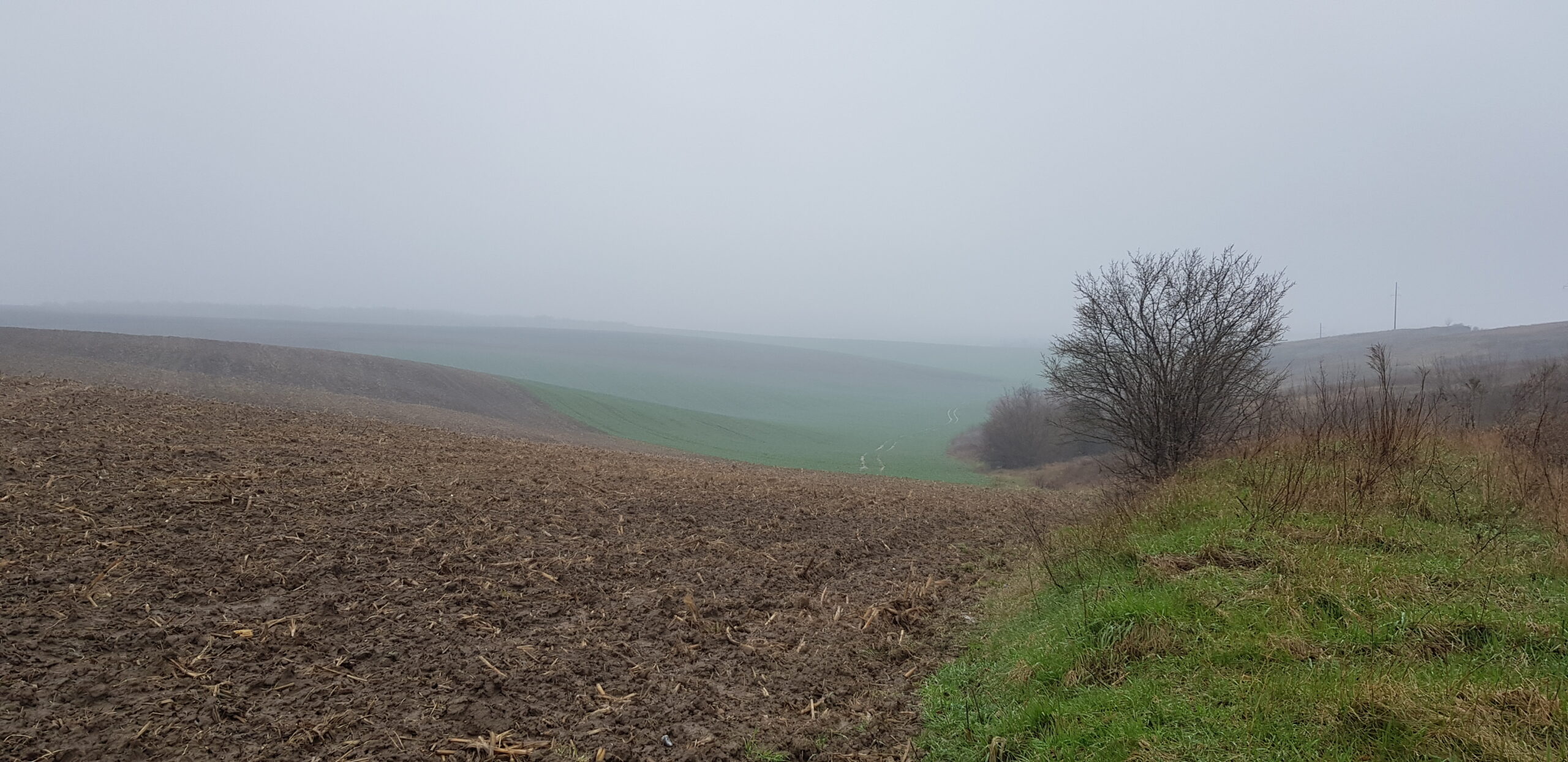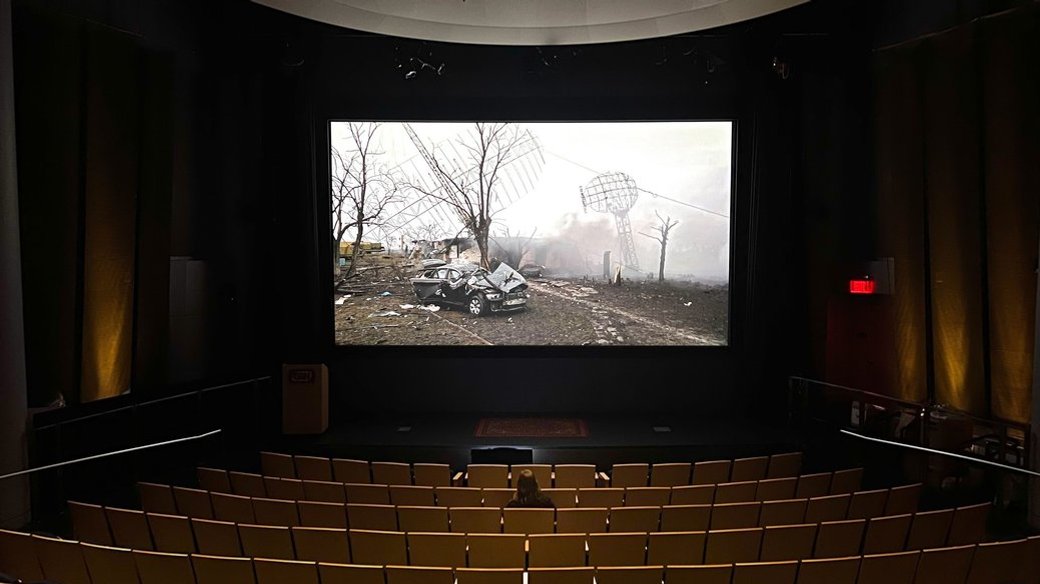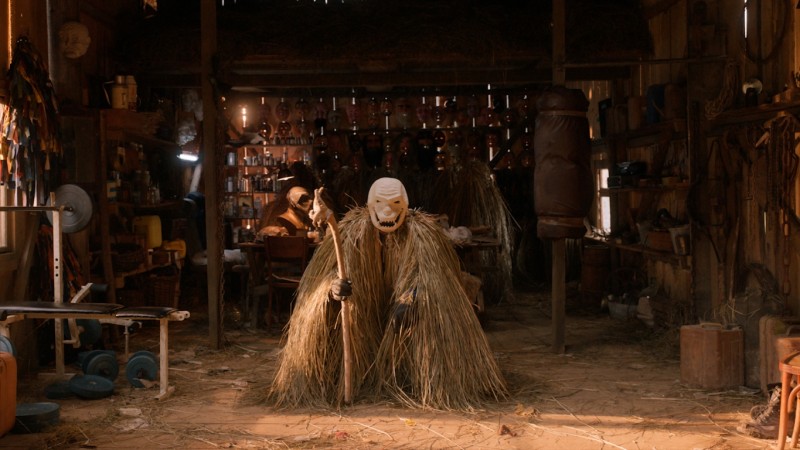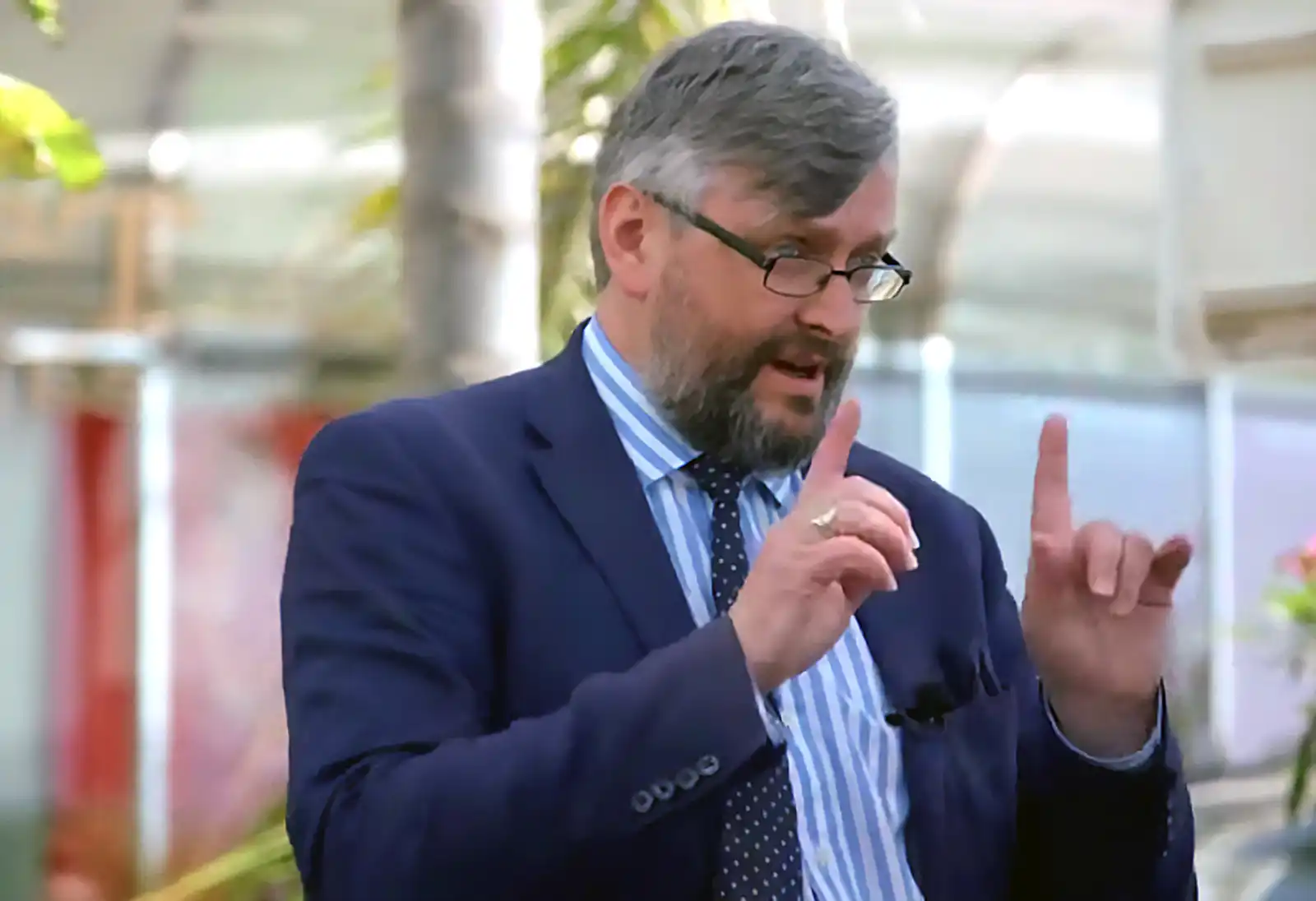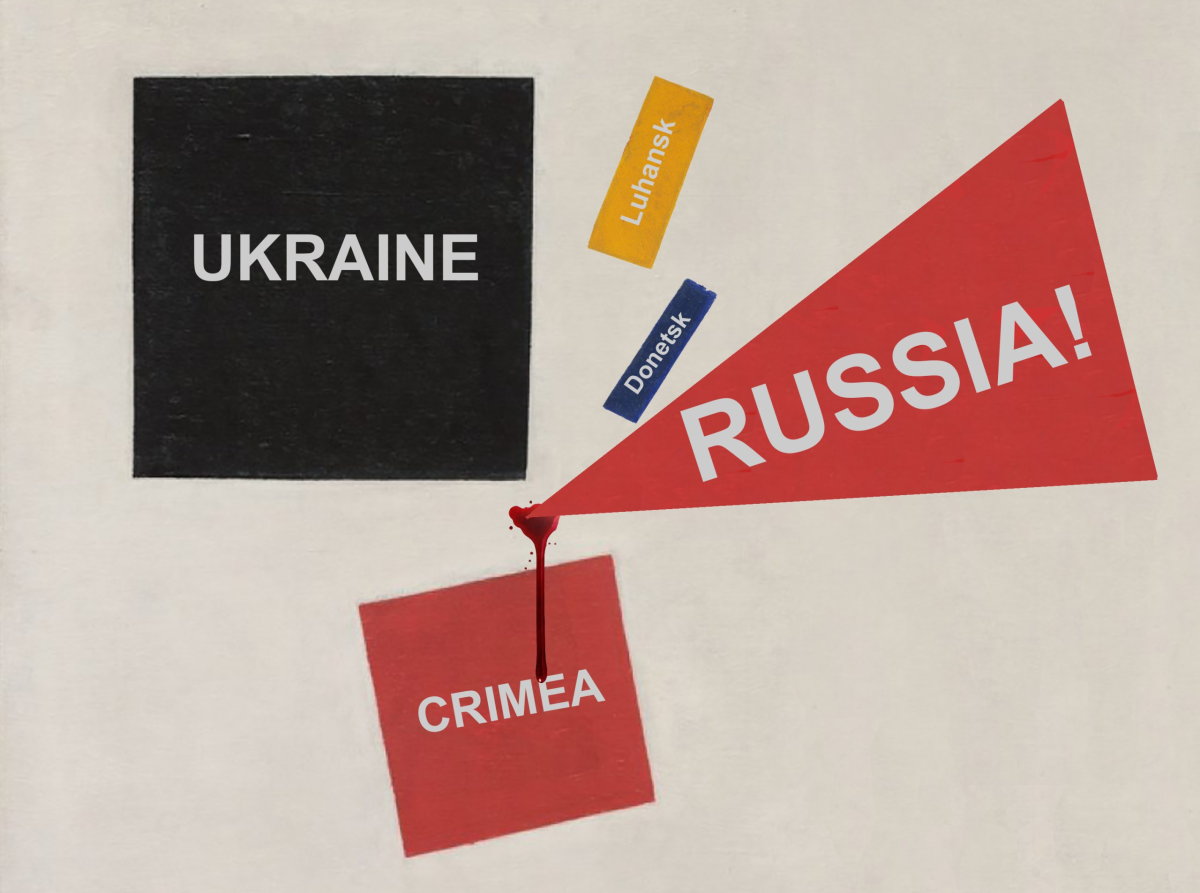A festival statement seems to suggest that Ukraine is a place of terror while Russia, despite the horror it brings, is linked with dignity and protest. Something needs to change, writes Daria Badior.
In May 2014, when the war in the east of Ukraine had only just started, I was at the Cannes Film Festival. It was warm, the sun was shining, and a screening, packed with cinephiles and critics, had just ended. I went out of the Palais and read the news: Russian soldiers had kidnapped people in Luhansk, captured administration buildings, and were battling around local airports. Two months previously, in March 2014, Russia occupied Crimea, and three months earlier, in February, almost 100 people were shot during the anti-government protests in the centre of Kyiv.
Ukrainian society was struggling to grasp its new reality – the reality of war. Unable to breathe, and fighting back tears, I looked for a place to hide and went to a church, which was almost empty. I am not a religious person, but in that church I thought about this deep contrast between the lives of people living in Donetsk and people at the festival in Cannes.
It was my third Cannes trip, and while the festival experience wasn’t an enjoyable one for me, I knew why I came: the cinema and its ability to reconcile us with the shakiness of the world in which we live. The cinema, for me, was always a window to the “other”, a lesson in empathy, offering visions of various life paths. And festivals, as I thought, especially the ones that want to establish the rules, should reflect this.
The article can be viewed in full at The Independent website. It was published in April 2022.
